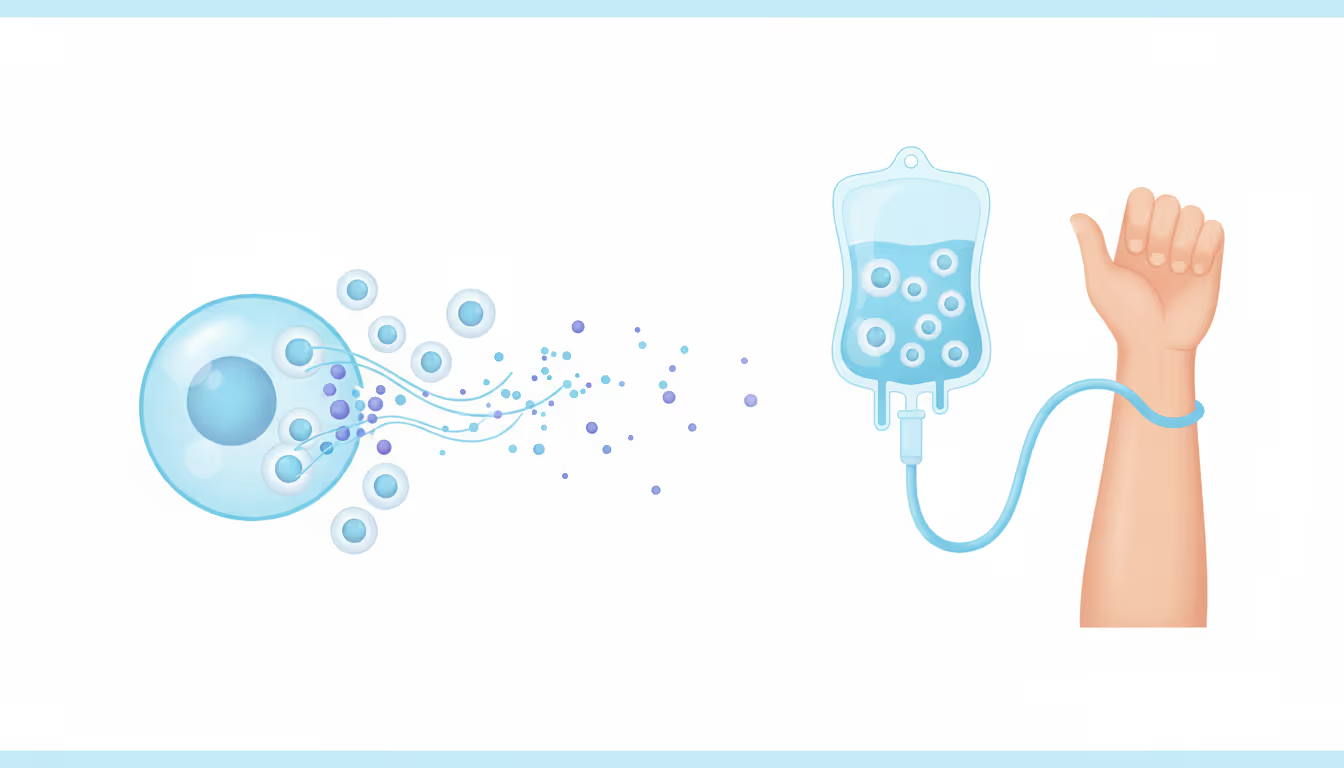
Immunotherapy involves enhancing or rejuvenating the immune system's ability to combat infections and diseases. This type of treatment, also known as biological therapy, utilizes the body's natural defenses to either fight off illnesses or mitigate some treatment side effects. Biological therapy often incorporates substances known as biological response modifiers (BRMs). While the body produces BRMs in small quantities to respond to infections and diseases, larger quantities can be synthesized in a lab for the treatment of cancer and other ailments.Forms of biological therapy include antibodies, interferon, interleukin-2 (IL-2), and various colony-stimulating factors, such as GM-CSF and G-CSF. Interleukin-2 and interferon, both BRMs, are being tested for use in advanced disease treatments, while interferon is currently used for certain medical conditions.Research is ongoing into biological therapies that inhibit inflammatory agents like tumor necrosis factor (TNF) to treat diseases such as rheumatoid arthritis. One such treatment is Etanercept (ENBREL), an injectable TNF-blocker available for patients with severe rheumatoid arthritis.The side effects of biological therapy vary depending on the treatment used. Common side effects include flu-like symptoms, such as chills, fever, muscle aches, weakness, loss of appetite, nausea, vomiting, and diarrhea. Some patients may experience rashes, or bruise and bleed easily. Interleukin therapy can also lead to swelling. Depending on the severity of these side effects, hospitalization may be necessary during treatment. However, these effects are typically temporary and subside after the treatment concludes.




